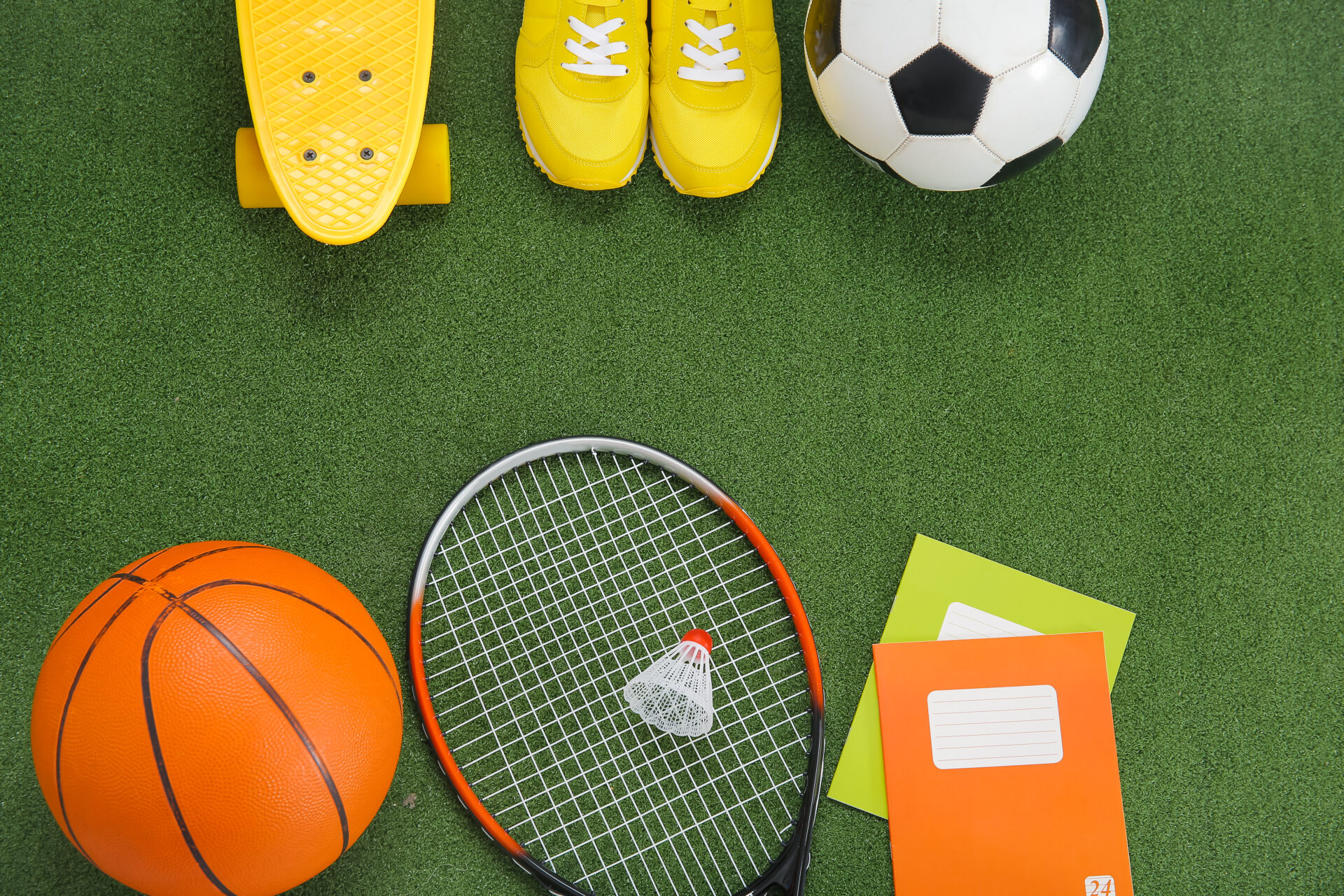
Considerations for businesses and student athletes negotiating Name, Image and Likeness deals
Local businesses are thriving from deals they have made with a student athlete to leverage their name,
image and likeness (NIL). According to recent media reports, Tempe is one city realizing an economic
uptick as businesses experience exposure through social media partnerships with young athletes.
In June 2021, the Supreme Court unanimously ruled in the Alston v. NCAA case that NCAA rules which
prohibited student athletes from receiving compensation for “non-cash education-related benefits”
violated federal antitrust laws under the Sherman Act. Because of this ruling, colleges and universities
can give up to $5,980 per year to student athletes for education-related expenses and student athletes
are now able to receive compensation from businesses for their NIL, typically through social media
influencer contracts.
These contracts create an arrangement where the student athlete agrees to the use of their NIL to
promote the business and as compensation, the business compensates the student athlete in the form
of services, products, or cash. However, the terms and conditions of these contracts, often negotiated
without legal representation, can create liability and risks for both parties.
For businesses contracting with student athletes:
The contract may be unenforceable
Businesses entering contracts with student athletes they must recognize that any contract which
contains clauses that violate identifiable public policy or legislation may be unenforceable as these
contracts could be considered invalid and illegal. To make sure that the contract is valid, businesses will
need to understand what provisions could violate federal, state, NCAA, conference or school policies
that in turn could make the contract unenforceable. An example of this would be a student athlete
contracting with a local cannabis dispensary which may be legal under state law but is illegal under
federal law and probably violates NCAA, university and team rules as well.
Consider a morality clause
Businesses may also want to include a “morality clause” that allows them to break the contract if the
student athlete experiences a lapse of judgment that may damage the reputation of the business as well
as the endorsement value of the student athlete. For example, a morality clause would allow a
business to terminate an agreement when a student athlete is charged with a crime.
More responsibility for the business owner in contract formation
Business owners will need to make sure that the contract does not violate any rules that pertain to the
student athlete and should not rely on a student athlete who is not represented by counsel in
negotiating the terms of the contract. For example, if a student athlete is required by the team to wear
a certain brand of clothing or shoes and they enter into a NIL contract with a competing brand then the
student athlete has probably violated a team contract.
For the student athlete:
Beware of pay-to-play
Students should be aware of any contract terms or conditions that can be construed by the NCAA as
“pay to play” or “improper inducements” that can be viewed as violating NCAA recruiting rules. During
the recruitment process, a student athlete should be wary of any promises offered by boosters or others
relating to future NIL deals if the student attends a university. These promises are unenforceable and
violate NCAA guidelines which could jeopardize both the student athlete’s and the university’s eligibility
to compete. This restriction applies to both prospective “pay to play” and current student athletes “pay
to stay” and either would be considered a violation of NCAA guidelines.
Don’t get tied up
Student athletes should also be wary of exclusive NIL deals preventing them from working with other
businesses or NIL deals that could tie up their NIL rights for an extended period of time.
Earnings are likely taxable
Student athletes are often unaware of the tax implications that accompany their compensation deals
even if their compensation takes the form of merchandise or service offerings. The IRS will likely
consider any compensation received by the student athlete as taxable income. For example, if a student
athlete is given clothing or meals as compensation the value of this compensation may be subject to
income tax. The student athlete will most likely be an independent contractor rather than an employee
which would make the student athlete responsible for any taxes owed from the compensation received.
Contracts between businesses and student athletes for NIL-related endorsements should be crafted
carefully to make sure that they conform with the numerous requirements from federal, state and
school policies to make sure that they are enforceable. Both parties should view these contracts as a
way to align their common interests so that they can achieve success through advertising campaigns,
effectively manage public relations and positively develop the brand of both the business and the
student athlete.
David McCarville focuses his practice on succession planning, business and finance issues for partnerships and family-owned businesses. This often involves working closely with his clients and their professional advisors, as well as other Fennemore attorneys in various practice areas to provide expertise as needed. His clients appreciate his ability to identify and resolve legal issues in a timely and efficient manner. Reach him at dmccarville@fennemorelaw.com
Get MORE. Insights
Stay ahead in the legal world - subscribe now to receive the latest insights and news from Fennemore Law Directly in your inbox!

